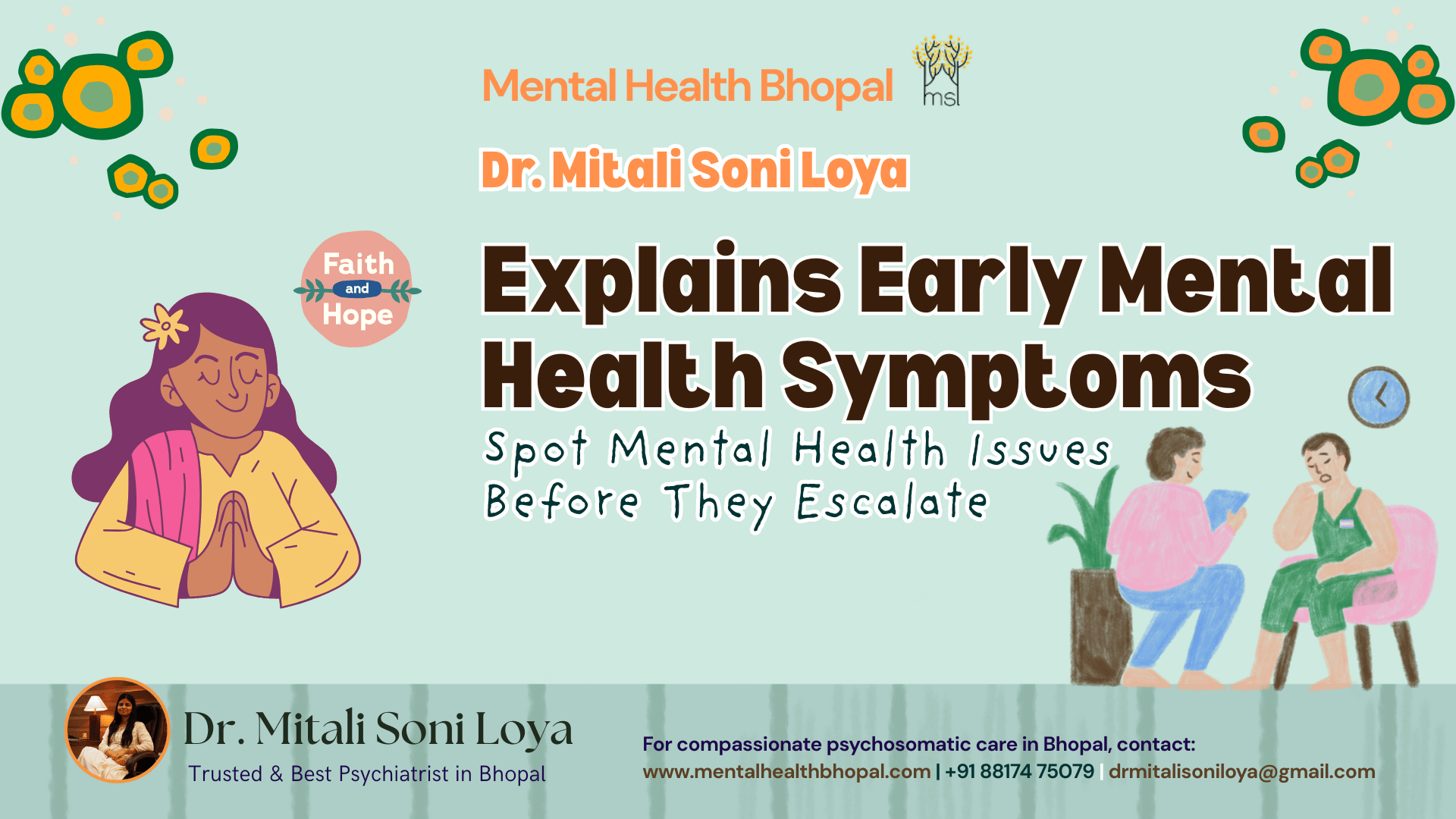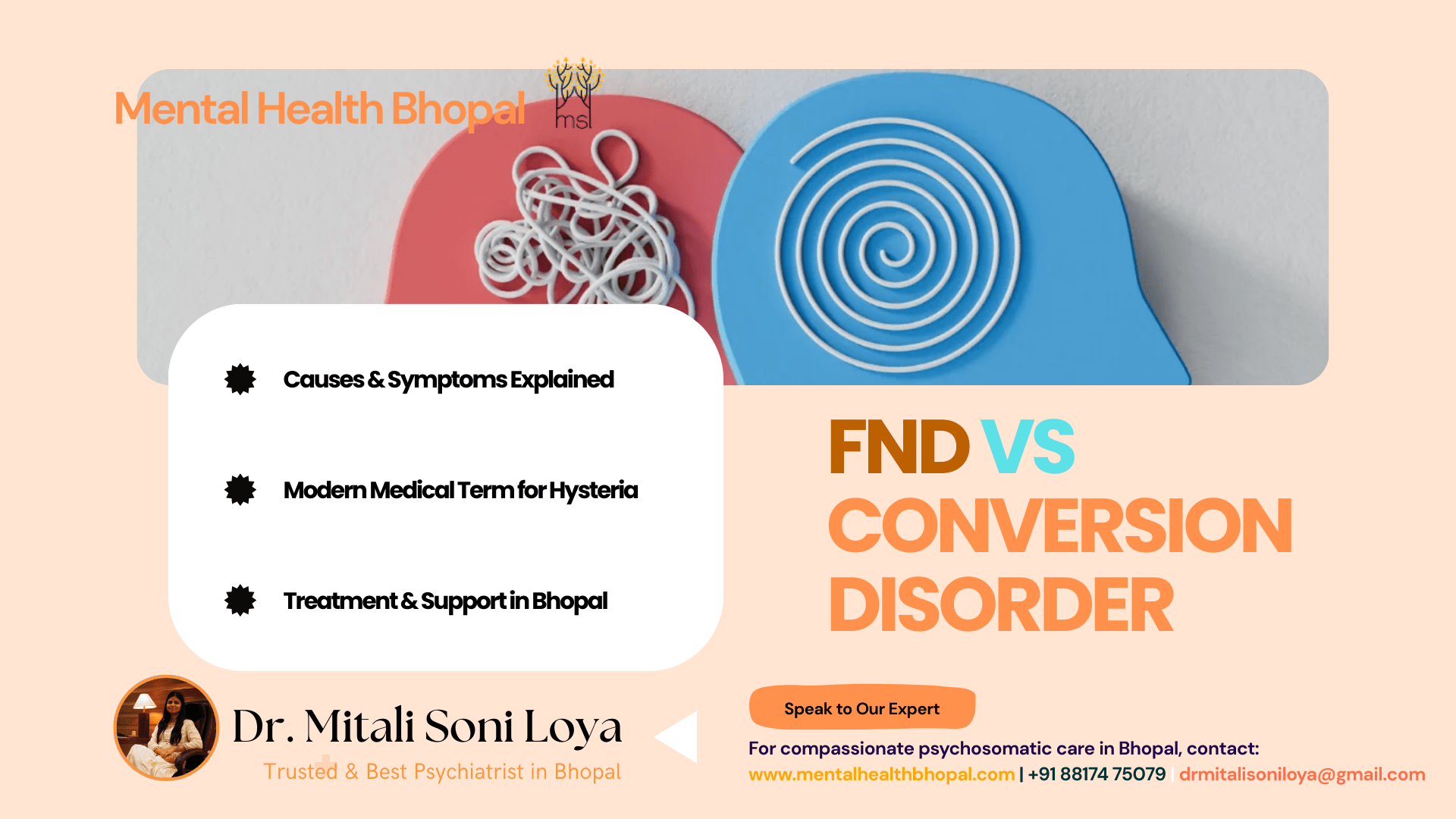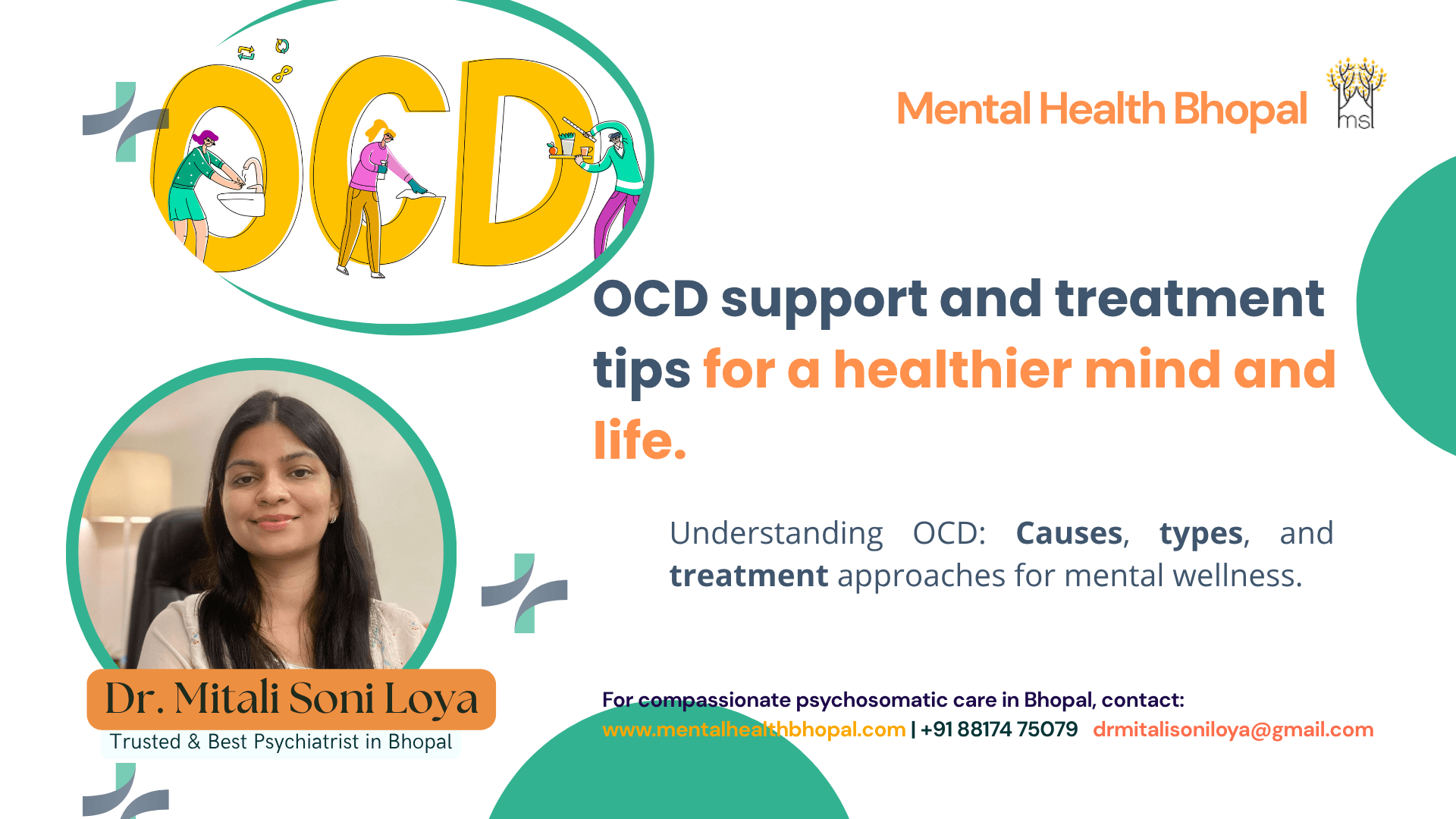Introduction:
Everyone has unique personality traits—some of us are naturally cautious, others more expressive, or emotionally sensitive. But when these traits become extreme, inflexible, and interfere with daily life, they may signal a personality disorder.
Is it just a personality quirk— or something more?
If you or someone you care about struggles with emotional instability, persistent relationship issues, or difficulty coping with everyday life, it’s worth understanding how clusters of personality disorders are categorized. Mental health professionals group them into three clusters—A, B, and C—based on shared behavioral patterns.
In this blog, we’ll break down each cluster in simple terms, explain symptoms, causes, and how treatment can help.
What are Personality Disorders?
Personality disorders are long-standing patterns of behavior, thinking, and feeling that deviate significantly from cultural expectations. These patterns typically begin in adolescence or early adulthood and affect multiple areas of lifework, relationships, self-identity, and emotional well-being.
Unlike temporary emotional responses, personality disorders are consistent and pervasive, meaning they affect how a person functions across various situations and environments.
The 3 Clusters of Personality Disorders
Mental health professionals use a cluster-based system to group different personality disorders based on behavioral tendencies. Here’s how each cluster is defined:
Cluster A: Odd or Eccentric Personality Disorders
This cluster is marked by unusual or socially distant behavior. People with these disorders often appear detached, suspicious, or indifferent to social relationships.
1. Paranoid Personality Disorder
- Deep distrust of others, even without evidence
- Sees hidden meanings in everyday remarks
- Holds long-term grudges and is reluctant to confide in others
2. Schizoid Personality Disorder
- Prefers solitude and avoids close relationships
- Limited emotional expression
- Appears emotionally cold or detached
3. Schizotypal Personality Disorder
- Eccentric speech, dress, or behavior
- Believes in magical thinking, superstitions
- Social anxiety and discomfort in close relationships
Common Traits: Social withdrawal, suspicion, emotional detachment
Misinterpretation Risk: Often mistaken for introversion or "being different," which delays diagnosis.
Cluster B: Dramatic, Emotional, or Erratic Personality Disorders
Individuals in this cluster exhibit intense emotions, impulsive behavior, and unstable relationships. These are the most well-known and often dramatized disorders in popular culture.
1. Borderline Personality Disorder (BPD)
- Unstable self-image and relationships
- Fear of abandonment
- Impulsivity, mood swings, and self-harming behaviors
2. Narcissistic Personality Disorder (NPD)
- Inflated sense of self-importance
- Preoccupation with success, power, and beauty
- Lacks empathy and expects constant admiration
3. Histrionic Personality Disorder (HPD)
- Constant need to be the center of attention
- Overly emotional, dramatic, or flirtatious behavior
- Easily influenced by others
4. Antisocial Personality Disorder (ASPD)
- Ignores the rights and feelings of others
- History of deceit, manipulation, or crime
- Lack of remorse or guilt
Common Traits: Emotional instability, manipulative tendencies, impulsivity
Note: These disorders often disrupt personal and professional relationships and are frequently misunderstood as simply “bad behavior.”
Cluster C: Anxious or Fearful Personality Disorders
This cluster includes disorders driven by fear, anxiety, and insecurity. People with these conditions often struggle with low self-esteem and excessive need for control or approval.
1. Avoidant Personality Disorder
- Extreme sensitivity to criticism or rejection
- Avoids social interaction despite longing for connection
- Feels inadequate or socially inferior
2. Dependent Personality Disorder
- Intense needs to be taken care of
- Difficulty making decisions independently
- Fear of separation or abandonment
3. Obsessive-Compulsive Personality Disorder (OCPD)
- Preoccupation with rules, order, and control
- Perfectionism that interferes with task completion
- Rigid and stubborn behavior
Common Traits: Fear of disapproval, need for control, avoidance of risks.
Important Distinction: OCPD is different from OCD. While OCD involves intrusive thoughts and rituals, OCPD is about a personality style rooted in rigidity and control.
What causes Personality Disorders?
Personality disorders arise from a complex interplay of genetic, environmental, and psychological factors. Key contributors include:
- Childhood abuse or neglect
- Traumatic experiences (emotional or physical)
- Family history of mental health conditions
- Dysfunctional family dynamics
- Early attachment issues
Diagnosis: How are Personality Disorders Identified?
Diagnosing a personality disorder involves:
- Detailed clinical interviews
- Behavioral assessments and psychological tests
- Evaluation based on DSM-5 criteria
- Ruling out other psychiatric or medical conditions
Because these disorders are deeply ingrained, diagnosis is often challenging and requires experienced mental health professionals.
Treatment options for Personality Disorders
Although personality disorders are long-term conditions, treatment can lead to meaningful improvements. A combination of therapies often yields the best outcomes.
1. Psychotherapy (Talk Therapy)
- Cognitive Behavioral Therapy (CBT): Restructures negative thinking patterns
- Dialectical Behavior Therapy (DBT): Effective for emotional regulation (especially in BPD)
- Schema Therapy: Addresses deeply rooted thought and behavior schemas
- Group Therapy: Enhances social skills and peer support
2. Medication
- Prescribed when co-occurring symptoms like anxiety, depression, or aggression are present
- Commonly used medications: antidepressants, mood stabilizers, antipsychotics
3. Lifestyle and Support
- Regular routines and structured environments
- Family education and involvement in therapy
- Long-term therapeutic relationships
Living with a Personality Disorder
Recovery isn’t about “curing” personality but learning to manage thoughts and behaviors in healthier ways. With therapy, support, and the right tools, individuals can:
- Build stronger relationships
- Gain emotional insight
- Improve daily functioning
- Develop confidence and self-awareness
It’s not easy, but with professional care, progress is possible.
When to Seek Help?
If persistent emotional instability, relationship issues, or harmful behavior patterns are affecting your quality of life, don’t dismiss them as “just the way I am.” Early intervention can lead to real and lasting change.
At Dr. Mitali Soni Loya’s Psychiatry & De-addiction Clinic in Bhopal, we offer compassionate and expert care for personality disorders, including full psychological assessments, individualized therapy, and long-term mental health support.
Book an Appointment Today
Dr. Mitali Soni Loya: Book an appointment
Clinic Address: 10 Ramanand Nagar, Near Lalghati Square, Bhopal, MP
Phone: +91 88174 75079
Email: drmitalisoniloya@gmail.com
Website: www.mentalhealthbhopal.com

 Mitali Soni Loya November 28, 2025
Mitali Soni Loya November 28, 2025
